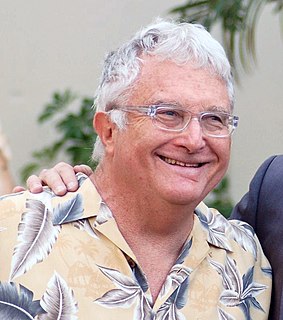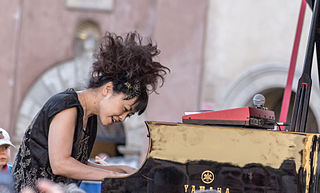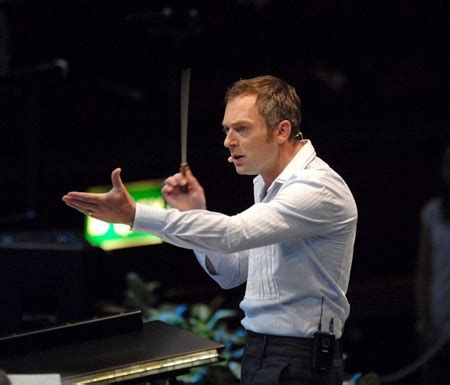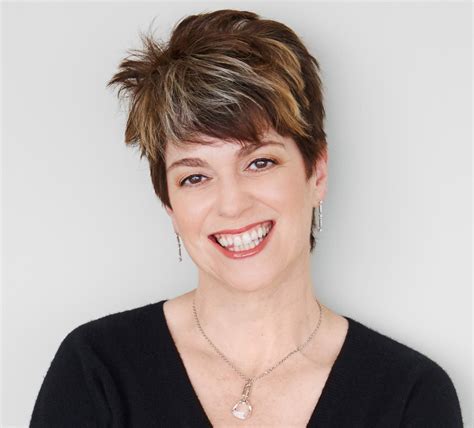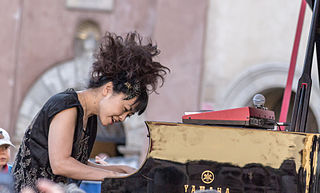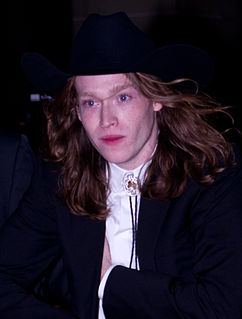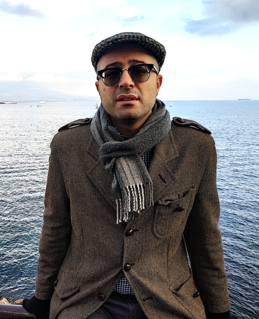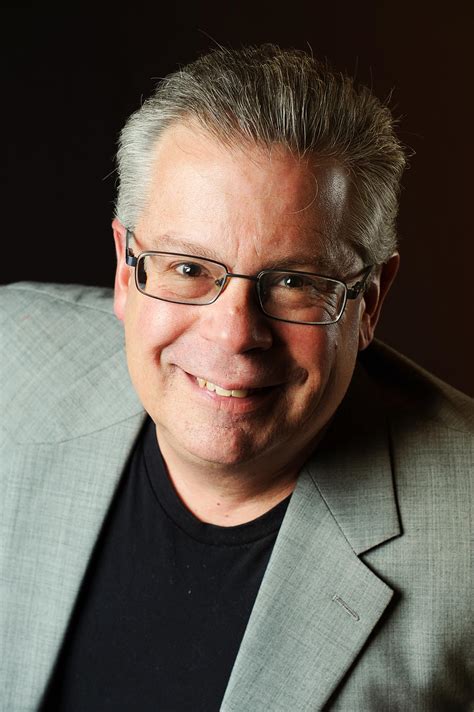A Quote by Randy Newman
I have owned and played a Steinway all my life. It's the best Beethoven piano. The best Chopin piano. And the best Ray Charles piano. I like it, too.
Related Quotes
It is only by demanding the impossible of the piano that you can obtain from it all that is possible. For the psychologist this means that imagination and desire are ahead of the possible reality. A deaf Beethoven created for the piano sounds never heard before and thus predetermined the development of the piano for several decades to come. The composer's creative spirit imposes on the piano rules to which it gradually conforms. That is the history of the instrument's development. I don't know of any case where the reverse occurred.
I am enthusiastic over humanity’s extraordinary and sometimes very timely ingenuity. If you are in a shipwreck and all the boats are gone, a piano top buoyant enough to keep you afloat that comes along makes a fortuitous life preserver. But this is not to say that the best way to design a life preserver is in the form of a piano top. I think that we are clinging to a great many piano tops in accepting yesterday’s fortuitous contrivings as constituting the only means for solving a given problem.
When we hear a Mozart piano concerto today, we're most likely to hear the piano part played on a modern concert grand. In the hands of a professional pianist, such a piano can bury the strings and the winds and hold its own against the brass. But Mozart wasn't composing for a nine-foot-long, thousand-pound piano; he was composing for a five-and-a-half-foot-long, hundred-and-fifty-pound piano built from balsa wood and dental floss.
As a kid, I took piano lessons, and I didn't like it. It wasn't cool. I was into Duran Duran and rock music. I didn't have any interest in piano. I did it for three years, and because of piano, I learned percussion. I learned scales. I learned how to sing. Piano gives you all of the basics of those things.
